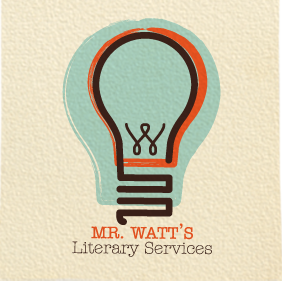JASON YANG
Spoiler Alert – if you have not read “An African Story” do not read the below.

Roald Dahl was not only an author but also a pilot for the Royal Air Force. His short story, “An African Story”, is profound. Dahl writes this story as if it is a manuscript that he found, as if it was not written by him. Though the story has all the trademark Dahlian wit and pacing, it is presented as having been written by a different pilot, who died three weeks after he wrote it. Additionally, it is narrated in third-person omniscient, which lends the story further proof of Dahl’s own authorship. The story is about a man named Judson who was mentally unstable and had misophonia, which is the hatred of certain sounds. In the story, we are shown a series of events that eventually end with Judson’s death.
After Judson is killed by the black mamba, the Old Man says “You can have his share… We don’t mind you having his share” to the snake. The reader can infer that he was grateful to the snake for ending Judson’s life as, if he continued to live, Judson would only lose more of his sanity and pose an even larger threat to the Old Man. The Old Man felt that the cow’s milk was a small price to pay for Judson’s removal and showed his gratitude by allowing the mamba to drink the milk.
As the snake drank the cow’s milk, one can interpret that the Old Man sees its appetite as a replacement for Judson’s, for even if the snake could not be told what to do, it still is able to defend itself, and, as the cow doesn’t seem to mind, that was enough for the Old Man. However, it can also be said that the Old Man simply saw a necessity to remove Judson. Judson killed the Old Man’s dog without a legitimate reason other than it was making a repetitive sound, making comments on not only the cow’s sounds but the Old Man’s sucking of his tea as well which could foreshadow Judson attempting to kill him. The Old Man set up a trap, therefore, leading to Judson’s death.
Another reason could be the Old Man simply feared for his own life and decided the “slobbering madman” needed to go, as it was evidently shown he was not in the right state of mind and would eventually take even wilder actions.
The Old Man’s story teaches the moral of, “The enemy of my enemy is my friend,” by portraying Judson as an imminent threat towards his safety and that of his animals. Though the black mamba was dangerous, for “when one is bitten by a Black Mamba, and almost at once the poison began to work,” the Old Man treated the snake with gratitude and said; “Yes… We don’t mind your having his share” and allowed it to drink the cow’s milk.



